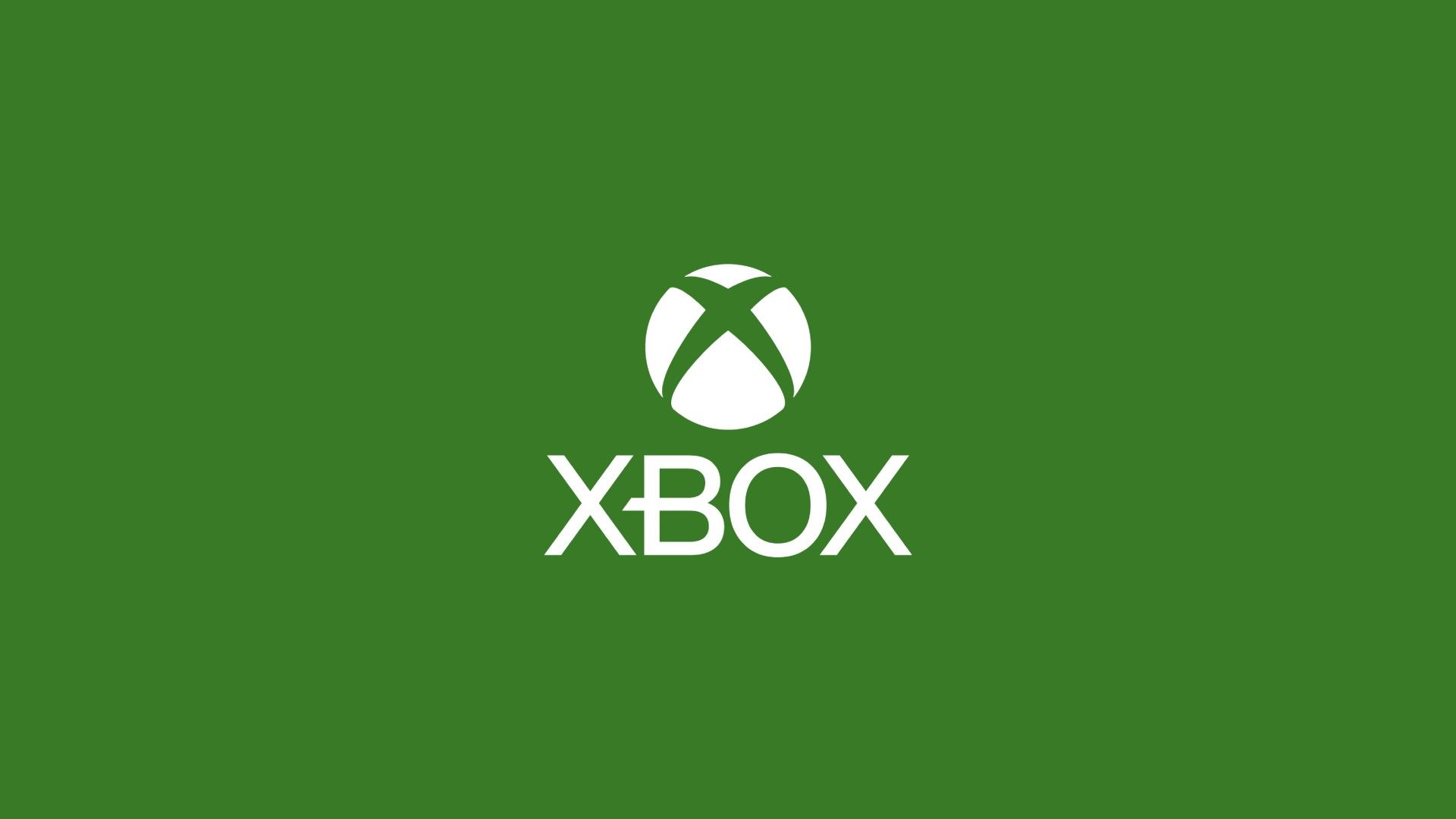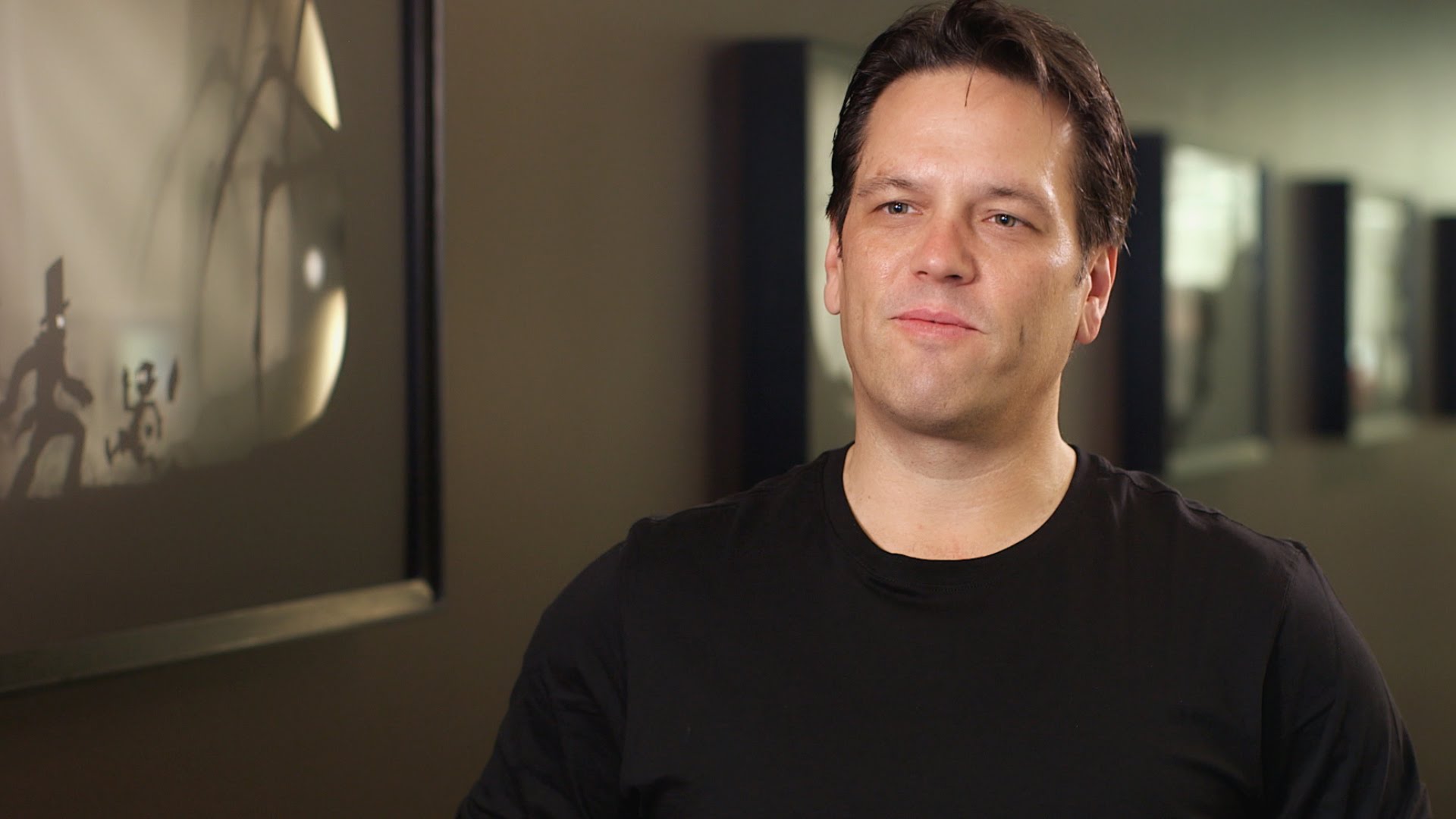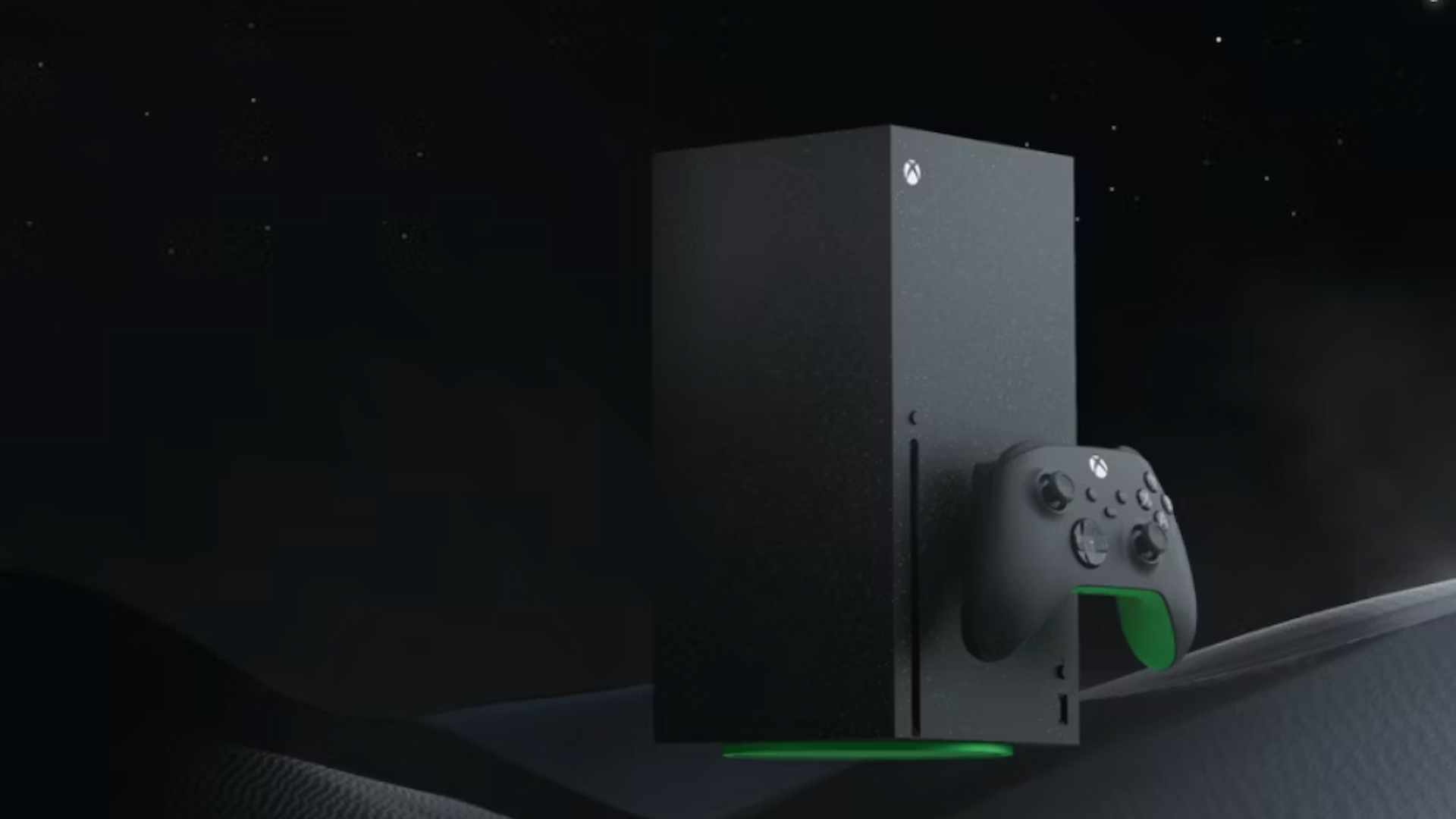
Previously this year, when Warner Bros. Games closed Monolith Productions, WB Games San Diego, and Player First Games, effectively cancelling “Wonder Woman”, and then Electronic Arts (EA) let go of numerous employees, shuttered Cliffhanger Games, and scrapped projects like “Black Panther” and the upcoming “Titanfall”, I found myself thinking, “There’s no way another company could surpass this.” However, it appears that Microsoft’s leadership saw this as an opportunity to outdo.
Following a global workforce reduction of approximately 3% in May, the company has experienced another round of layoffs. The Seattle Times estimates that nearly 9,100 employees were affected across Microsoft, with the exact impact on its Gaming Division yet to be determined. While Bloomberg mentioned that King (located in Stockholm) and ZeniMax Media’s European offices were among those affected (with King losing around 200 employees), the full extent of these cuts was initially unclear in the U.S.
Over time, it appeared that these weren’t merely job cuts but a mass reduction in staff. Reports suggest that Everwild, Perfect Dark and ZeniMax Online Studios’ MMO codenamed Blackbird have been cancelled. The Initiative has shut down. Rare is said to be undergoing restructuring and experiencing layoffs. Undead Labs, working on State of Decay 3, has reportedly let go of employees (the extent isn’t clear). Turn 10 Studios had over 70 layoffs according to The Verge, reducing its staff by nearly half, which apparently is sufficient for the development of Forza Motorsport.
As of now, it remains uncertain if ZeniMax Online Studios will experience layoffs due to the questionable manner in which the situation has been managed. According to Jason Schreier from Bloomberg, employees who worked on Blackbird were suddenly locked out of their Slack accounts without prior notification from Human Resources. Furthermore, leadership and HR have yet to disclose their employment statuses, even though they can still access their official work emails and Microsoft Teams.
It’s clear that the way this situation is being managed is extremely poor, and it’s not limited to the United States. Reports from King’s offices in London and Berlin, as well as their remote workers, suggest they have also been affected, according to MobileGamer.biz. While they weren’t surprised by this, they still find the handling of the situation less than satisfactory.
In the United States, even those involved in the development of the “Call of Duty” series are not immune to job losses. According to Insider Gaming, Sledgehammer Games and Raven Software have reportedly let go of staff, with exact numbers yet to be disclosed. Interestingly, Raven is currently working on “Call of Duty: Black Ops 7” along with Treyarch. High Moon Studios, which supports “Call of Duty: Warzone”, has also experienced layoffs. Additionally, Halo Studios is said to be undergoing layoffs, with an employee who worked on “Halo Infinite” for the past four years commenting that the live service was like a burnt-out dumpster. As for South of Midnight developer Compulsion Games, there’s no official news, but a former employee has expressed their intent to find a new role since joining in June 2024.
It seems you might be curious if there’s more to the story, but let me clarify: The Xbox user research team, which focuses on improving the quality of Xbox games, the platform, and developer tools, has faced challenges, as reported by The Verge. Additionally, Windows Central mentions that Quality Assurance (QA) teams in Activision and Blizzard have been affected, along with their marketing and sales departments. To add to this, the head of family and child safety at Xbox is no longer with the company as well.
In the realm of top-tier roles, Matt Firor, president of ZeniMax Online Studios, is departing following more than 18 years. According to reports from VGC, Gregg Mayles and Louise O’Connor are also leaving their respective positions at Rare. Mayles, with over 35 years under his belt at the studio, is well-known for creating games like Banjo-Kazooie and Sea of Thieves (and was directing Everwild after its reported 2021 reboot). O’Connor, who has also been a long-time employee, worked on Conker’s Bad Fur Day, and is now gone following the cancellation of Everwild.
I’d typically say ‘That’s all for now,’ but given that Microsoft has undergone four rounds of layoffs in roughly 18 months, it’s hard to predict the future. This situation has been quite challenging, almost like a prolonged struggle. However, Microsoft Gaming CEO Phil Spencer is the one who believes this move is the best choice for the brand and will lead to its continued prosperity.

Before the details of these cancellations and job cuts were widely known, Spencer released a communication (obtained by Windows Central), explaining that “To ensure long-term success for our Gaming division and focus on strategic growth opportunities, we will be scaling back or discontinuing certain aspects of our business, while aligning with Microsoft’s approach to streamline management structures to boost agility and efficiency.”
However, in the following section, Spencer acknowledges that these changes are indeed taking place, yet he emphasizes, “We have a larger player base, an abundance of games, and increased gaming hours than ever before. Our platform, hardware, and game development plans have never been stronger.” So, it seems there’s a discrepancy between the current situation and Spencer’s optimistic outlook.
Spencer goes on to say, “Our current achievements are built upon tough choices made in the past. To ensure future prosperity, we need to make hard decisions now. A crucial aspect of this strategy is the self-control to prioritize our strongest options. We will safeguard what’s flourishing and channel our efforts into areas with the most potential, all while meeting the company’s expectations for our business. This focused approach allows us to create exceptional games and experiences that players can enjoy for many years to come.
The boss usually gives the same speech to those who are being let go, saying something like, “We wouldn’t be where we are today without the time, effort, and creativity of those whose positions are changing.” In other words, he’s not criticizing their talent or dedication. Instead, he emphasizes that our success is a result of teamwork over many years.
However, this statement feels odd when followed by layoffs, as if to say, “Thanks for all your hard work so far, but now we have to let you go.” The most disappointing aspect of the message is that more details about today’s layoffs and potential organizational changes will be shared by your team leaders in the near future. This suggests that there may be additional layoffs or cancellations on the horizon.
Matt Booty from Xbox Game Studios announced the cancellation of both “Perfect Dark” and “Everwild,” as well as the scaling back of multiple unannounced projects, including “Blackbird” by ZeniMax Online. This move, along with other changes within their teams, is part of a broader plan to reallocate resources and better position their teams for success in an evolving market landscape. These decisions were not made lightly, as each project and team represents numerous years of hard work, creativity, and dedication.
Despite making this observation, he emphasizes that the primary strategy remains the same: developing games that captivate our players, expanding our leading franchises, and crafting fresh narratives, settings, and characters. At present, there are approximately 40 projects under active development, with a steady pace being maintained towards releases this Fall (apart from The Outer Worlds 2, no other titles have been disclosed). Looking ahead to the following year, they boast a robust lineup of upcoming games.

The main purpose of this section seems to reassure readers that Microsoft’s gaming division is thriving and not facing imminent collapse or any significant project cancellations. This is suggested by the end of Spencer’s note, where he might not be emphasizing “continued momentum” at this time. Interestingly, Booty has previously countered rumors about the troubled development of Perfect Dark and overly dramatic reports of Everwild’s development being rebooted in 2021. While it’s uncommon for executives to openly admit mistakes, it’s also unusual to hear about exciting new projects following job losses among colleagues.
In summary, Microsoft has let go of more than 15,000 employees as of 2025, but it seems that some projects are still intact. For instance, the Xbox Games Showcase and their next-gen console plans appear to be safe, despite the Gaming Division’s declining revenues. Interestingly, games like Call of Duty and Minecraft, along with Game Pass, have significantly boosted their content and services revenue.
Reflecting on the situation, it’s tempting to point fingers at Microsoft as the culprit. Indeed, given Spencer and his team’s tenure during some of the company’s major missteps, such accusations seem justified. The shutdown of Tango Gameworks, Arkane Austin, and Alpha Dog Studios, the hike in prices for key first-party games to $80, dwindling hardware revenue, several years without delivering new games for loyal fans, and high-profile letdowns like Halo Infinite at launch and Redfall have all contributed to this perception.
According to various opinions, launching popular games on both PlayStation 5 and Nintendo Switch, despite their financial success, could be seen as a sign that the company was conceding in the console competition. Given the statistics, this might seem reasonable. Some might argue that the cancellations of games like Everwild and Perfect Dark, which had faced development troubles for years, were necessary under such circumstances.
Even though Microsoft managed both Undead Labs and multiple other studios, it faced criticism when a report in 2022 revealed a toxic work environment at Undead Labs under its new studio head and HR head. This situation led to many employees leaving and a halt in the development of State of Decay 3. Microsoft was specifically accused of not taking action sooner.
In the past, Phil Spencer has acknowledged that upper management took a hands-off approach, allowing studios to manage themselves – one of many reasons why the game Redfall was released in its less than ideal condition. However, he later stated that the team made improvements during their work on Bethesda’s Starfield. Yet, it is hard to argue against the presence of bugs, glitches, crashes, and quality-of-life issues that were present (even after delays) when the game was finally released.

Although discussing all the mistakes Microsoft made with the Xbox brand could date back to 2013 (and some critics do), it’s worth noting that they arguably sealed its own fate with the way they introduced the Xbox One. Despite later retracting on Kinect, always-online requirements, used-game ownership, and a TV media focus, the Xbox One still struggled against the PS4 when launched in late 2013. Some critics might even trace the problems back further to Microsoft’s emphasis on popular franchises like “Gears of War,” “Forza,” and “Halo” while neglecting new ones. This eventually led to the acquisition of studios such as Ninja Theory, Compulsion Games, Playground Games, and many others in subsequent years in an attempt to foster fresh franchises.
As a gamer looking back, the turbulence caused by frequent acquisitions and less-than-optimal results isn’t shocking. It brings me back to 2021, when Sarah Bond, then head of Game Creator Experiences and Ecosystem at Xbox, pondered over the closure of Lionhead Studios in 2016, a studio they had acquired way back in 2006. The question she posed then was, “What did we learn, and how do we avoid repeating our errors?” Phil Spencer, in response, emphasized, “You acquire a studio for their current strengths, and your role is to help them grow in what they excel at now, not the other way around.” From everything I’ve seen, it seems that Microsoft Gaming and Xbox Game Studios have a long path ahead to fully grasp these lessons.
As an enthusiastic supporter, I often ponder why figures like Spencer and Matt Booty continue in their leadership roles, considering the challenges the brand has faced over the recent years. However, there’s a sense of excitement brewing within me as I hear about Sarah Bond, Xbox president, announcing a multi-year partnership with AMD. This collaboration spans a diverse range of devices, including future generations of Xbox consoles, and aims to provide us with immersive gaming experiences enriched by the power of AI.
Despite reported tensions between Microsoft and OpenAI in 2019, Microsoft has invested an impressive $13 billion in their partnership. This significant investment suggests a long-term commitment. However, concerns have arisen about the longevity of their partnership due to these tensions. Consequently, it appears that these issues may be manifesting as we move forward.
Absolutely, it’s still unclear where Xbox is headed now, but let me clarify that “Forza Horizon 5,” “Indiana Jones and the Great Circle,” and “Sea of Thieves” have indeed found success on the PlayStation 5. I was hopeful about Microsoft’s strategy of distributing games across multiple platforms, but I’m still puzzled by their marketing slogan: “This is an Xbox.

Why did the company partner with Meta to launch a $500 Meta Quest 3S Xbox Edition in limited quantities, given that none of its games are compatible with VR? Despite Game Pass’s significant success initially, it hasn’t seen the same level of growth recently. Microsoft’s investments in it continue to rise, and while it helps players discover new titles, concerns about it eating into first-party sales will persist.
Ever since the COVID-19 pandemic wrapped up, the gaming industry has been hit by an unforeseen wave of instability. Layoffs have become common as early as 2023, and even giants like Microsoft aren’t immune to this trend. You might recall their massive cuts back in 2014 when they let go of approximately 18,000 employees, most notably from the Nokia division.
As one of the biggest games publishers on the planet, Microsoft has faced its fair share of layoffs. However, despite having a stellar lineup of upcoming titles, even industry veterans like Laura Fryer, a founding member of the original Xbox team, have expressed concerns about the current state of affairs. In her own words, she succinctly summed up the situation.
What is the future strategy for Xbox? What exciting new releases can we expect? How can Xbox stay relevant 25 years from now and capture people’s interest?” She suggested that with the 25th anniversary of Xbox coming up in 2026, it might be the year when everyone will see the appeal of the upcoming announcements. However, she also pointed out that the uncertainty currently surrounding Microsoft and its Gaming Division is not likely to dissipate any time soon.
This article presents the personal opinions of its writer. It’s important to note that these views may not align with the collective stance of GamingBolt as a whole, and should not be attributed to the organization.
Read More
- How to Get the Bloodfeather Set in Enshrouded
- The Pitt Season 2, Episode 7 Recap: Abbot’s Return To PTMC Shakes Things Up
- Gold Rate Forecast
- Every Targaryen Death in Game of Thrones, House of the Dragon & AKOTSK, Ranked
- 4 TV Shows To Watch While You Wait for Wednesday Season 3
- Best Controller Settings for ARC Raiders
- Goat 2 Release Date Estimate, News & Updates
- One of the Best EA Games Ever Is Now Less Than $2 for a Limited Time
- Best Werewolf Movies (October 2025)
- 10 Movies That Were Secretly Sequels
2025-07-04 10:14